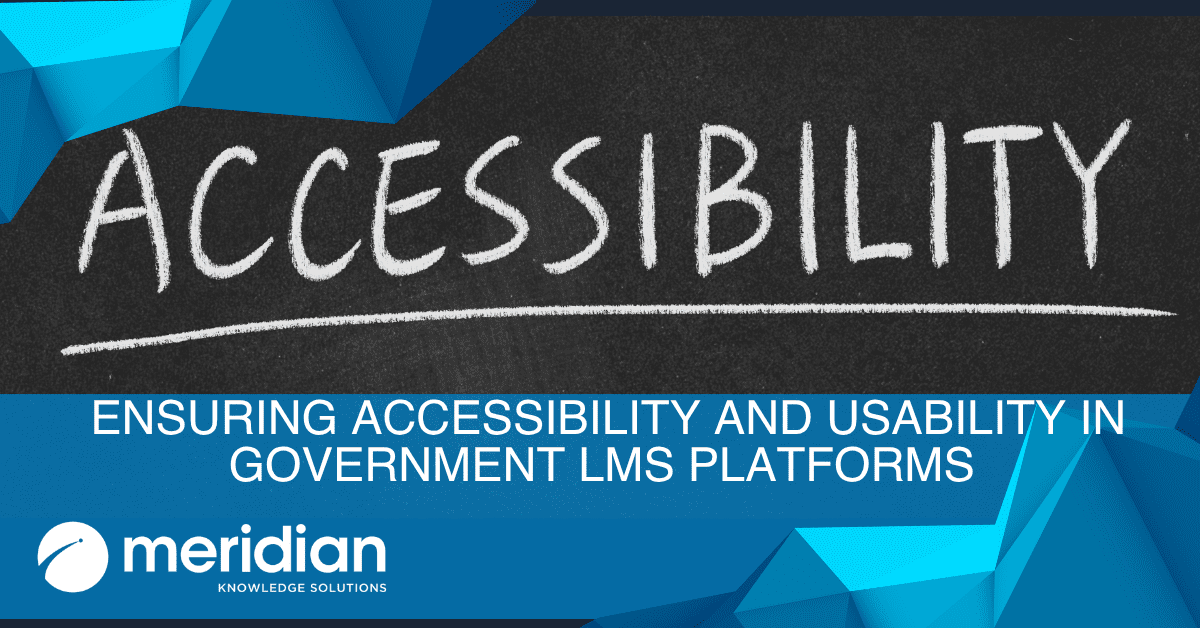
In corporate training and development, the one-size-fits-all approach is rapidly becoming a relic of the past. Today’s workforce is more diverse than ever, comprising individuals with varying backgrounds, learning styles, and skill levels. This diversity demands a more personalized approach to learning that tailors the educational experience to meet each learner’s unique needs and preferences. Learning Management Systems (LMS) are at the forefront of this shift, offering advanced capabilities for personalizing learning paths, content, and experiences. This blog post explores how LMS platforms facilitate personalized learning, highlighting the benefits of tailoring training to individual learner profiles for more effective, engaging outcomes.
Personalized learning recognizes that employees bring diverse skills, experiences, and knowledge. By customizing the learning experience, organizations can:
LMS platforms can create adaptive learning paths that automatically adjust based on a learner’s progress, performance, and preferences. This adaptability ensures that learners are consistently challenged but not overwhelmed, promoting steady progress and deepening understanding over time.
LMS platforms can deliver tailored content matching users’ needs and learning goals through detailed learner profiles and data analytics. Whether through targeted modules, personalized quizzes, or recommended resources, the LMS ensures that learning is highly relevant and directly applicable to each learner’s job function and career path.
Understanding that learners have different preferences for how they consume information, LMS platforms support a variety of content formats, including videos, interactive simulations, and gamified elements. This diversity caters to different learning styles, keeping the training engaging and dynamic and encouraging sustained participation.
Personalized learning also involves providing timely and relevant feedback. LMS platforms facilitate continuous feedback through assessments, quizzes, and instructor interactions, allowing learners to understand their progress and areas for improvement. Additionally, learners can access support materials and resources tailored to their specific queries or challenges, further personalizing the learning experience.
LMS platforms incorporate social learning features, such as discussion forums and group projects, to enable learners to benefit from their peers’ knowledge and experiences. These collaborative tools can be personalized to align with the learner’s interests and professional network, enhancing the learning experience through community engagement.
To maximize the benefits of personalized learning through LMS, organizations should consider the following strategies:
Personalized learning through LMS represents a paradigm shift in corporate training, moving away from standardized instruction and towards a more learner-centered approach. Organizations can enhance the effectiveness, engagement, and impact of their training programs by harnessing the power of LMSs to tailor learning experiences to individual needs and preferences. They support their employees’ professional growth and development, thereby contributing to the organization’s success and competitiveness. Personalized learning is not just about accommodating differences—it is about leveraging those differences to build a more robust, more skilled workforce.